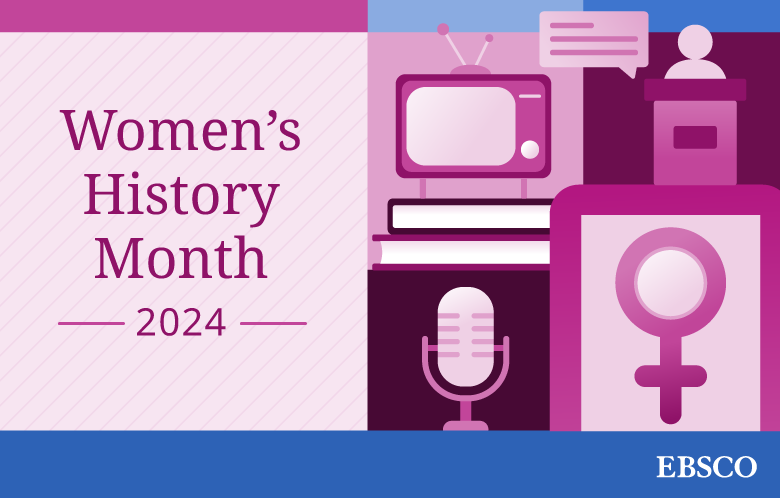Movies can be powerful tools for learning. A well-chosen film automatically engages students, builds audiovisual literacy skills, and reinforces knowledge from core readings and lectures. These effects are especially potent in the social studies classroom, where the elements of costume, set design, acting and screenwriting can bring distant-seeming historical eras to life, helping students understand and empathize across time, space and culture.
For all these reasons, film is an excellent choice for educators seeking to enrich the study of Black History this February (or any time of year). However, it is imperative that educators choose films that are culturally sensitive and historically relevant — and the sensitivity of topics related to Black History can understandably lead some teachers to avoid films altogether.
Fortunately, ABC-CLIO’s “Focus on Film” modules offer educators a curated selection of films that are both critically acclaimed and educator-approved. Each module includes:
- Film overview, synopsis, and review of historical accuracy
- Key themes
- Discussion questions
- Resource pairings from ABC-CLIO databases
Look below for three modules from ABC-CLIO’s The American Mosaic: The African American Experience database that guide students through active and thoughtful viewing of films relevant to Black History Month:
Harriet (2019)
Harriet tells the riveting story of Underground Railroad conductor Harriet Tubman as she escapes from slavery and then guides many other enslaved people to freedom in the North. The film allows students to gain a deeper appreciation of Tubman's heroism and dedication to her perilous mission.
Film Length: 2 hours, 5 minutes
Rating: PG-13
Director: Kasi Lemmons
Full guide with resource pairings from The African American Experience here.
Hidden Figures (2016)
Hidden Figures explores the accomplishments of three African American women working for NASA in the early 1960s. The film allows students to consider how Katherine Johnson, Dorothy Vaughan, and Mary Jackson overcame obstacles of racism and sexism to make important contributions to U.S. achievements during the space race.
Film Length: 2 hours, 7 minutes
Rating: PG
Director: Theodore Melfi
Full guide with resource pairings from The African American Experience here.
Selma (2014)
Selma depicts the events of the first march from Selma to Montgomery, Alabama, in 1965. The film is an effective way to introduce students to civil rights activists and their goals. It provides students with an understanding of the Southern Christian Leadership Conference and Student Nonviolent Coordinating Committee, as well as the role state governments played in interfering with activists' efforts.
Film Length: 2 hours, 8 minutes
Rating: PG-13
Director: Ava DuVernay
Full guide with resource pairings from The African American Experience here.



